Apple and Google's contact tracing project running ahead of schedule
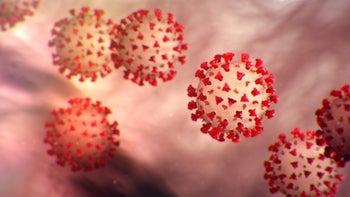
Apple and Google's plan to help track the spread of COVID-19 through contact tracing will have two phases. In the first phase, both Apple and Google will provide an API, or application programming interface, to developers who can then build the apps needed to make this system work. In the second phase, updates will be made to iOS and Android at the system level, allowing users to opt-in to the contact tracing if they so desire.
Apple will have the API needed for the first phase of its contact tracing project with Google ready on April 28th
Originally, the APIs were supposed to be ready in May, but the situation has become so urgent that Apple says that it will have the API ready ahead of schedule. According to French publication LosEchos, Apple CEO Tim Cook told European Commissioner for internal market Thierry Breton that the API will be ready for developers on April 28th. The communication took part via a video chat. The second phase of the plan won't be ready until later this year although the faster completion of the first phase bodes well for an earlier launch of the second phase.
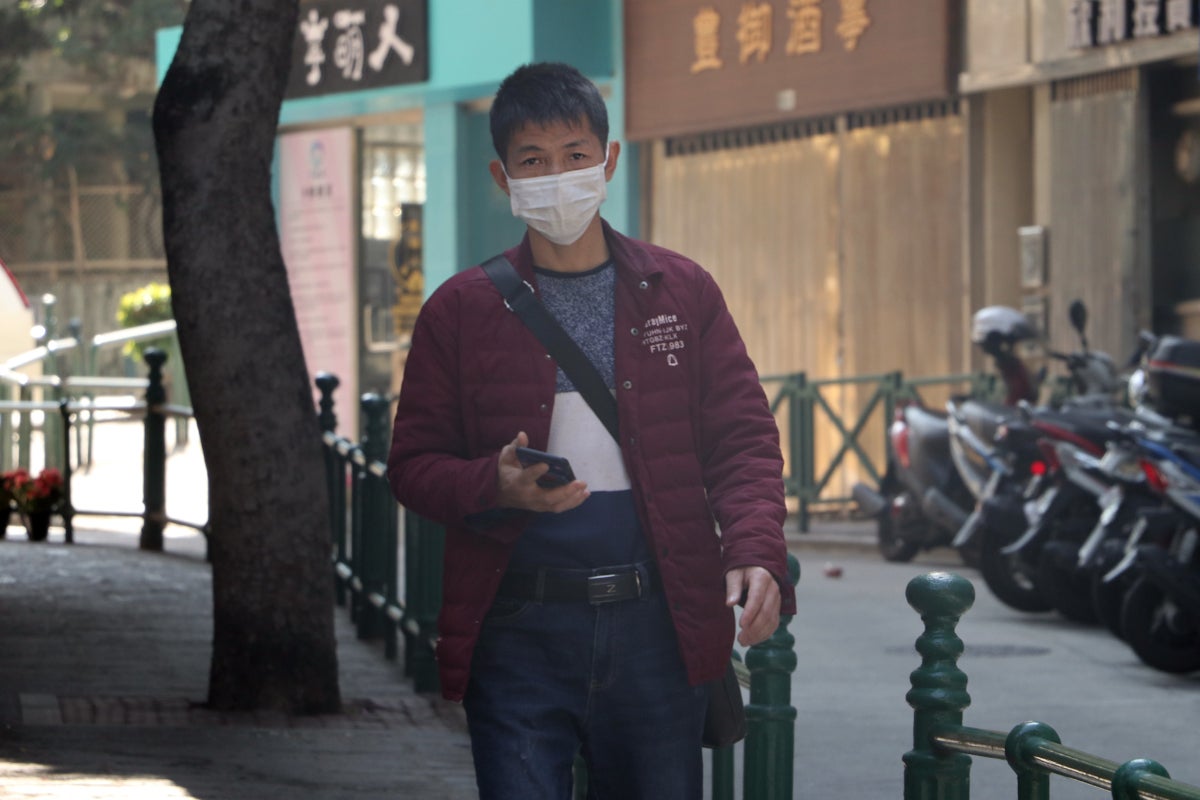
Apple and Google move closer to the implementation of contact tracing to slow the spread of COVID-19
So how does the contact tracing help battle COVID-19? If someone tests positive, contact tracing can help find everyone that this person was in contact with over the past two weeks. Those people would then be quarantined for two weeks so that the virus can't spread. Let's go through an example. Harry is sitting in the empty bleachers at TKTS in Times Square, reading PhoneArena on his phone. As people walk by, Harry's phone and the phones belonging to those passing by exchange identifiers anonymously via Bluetooth LE. Each phone changes its identifier every few minutes so that no one can be tracked.
Each phone creates a database of identifiers over the last 14 days. So now let's say Harry has tested positive for coronavirus. He alerts an app from a public health organization. With Harry's consent, all of the identifiers kept in his phone from the last two weeks are sent a message that will say something like, "you've been in contact with someone who has tested positive for COVID-19, you should get tested right away."
The data never is seen by Apple or Google and everything is done on an anonymous basis. That hasn't soothed some lawmakers including Missouri Senator Josh Hawley. The latter wrote a letter to both Apple CEO Tim Cook and Google CEO Sundar Pinchai. As we told you yesterday, Hawley is mostly concerned about Google's reputation when it comes to selling real-time location data and is concerned that after the pandemic, Google will use the interface in this fashion. Senator Hawley, noting that "The public statements you make now can be enforced under federal and state consumer protection laws," told Cook and Pinchai that they can assure the public by staking their personal finances on the project's security." He also is concerned that there are ways to get around the anonymity by cross-referencing data sets.
Contact tracing isn't perfect, especially because users can decide not to opt-in. But it is a method that everyone with a smartphone can use in a bid to stem the spread of the deadly virus. Apple and Google aren't the only ones working out such a system. France has its own StopCovid project and it will not use Apple and Google's interface. The French government is concerned that privacy restrictions on Apple and Google's operating systems will prevent its own app from working since it will rely on iOS and Android handsets to work.
Apple does not allow contact tracing apps that use Bluetooth to run in the background if the data is going to be moved off of the device. This is done for privacy reasons. French Digital Minister Cedric O said, "We’re asking Apple to lift the technical hurdle to allow us to develop a sovereign European health solution that will be tied our health system," France wants to launch its contact tracing app on May 11th. While the Google-Apple plan allows the collected data to stay on users' phones, France and the EU want the data collected and sent to a central server which is why it violates Apple's rules.



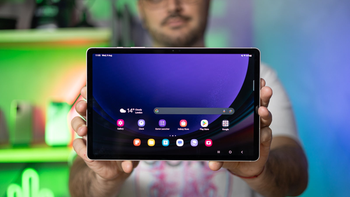
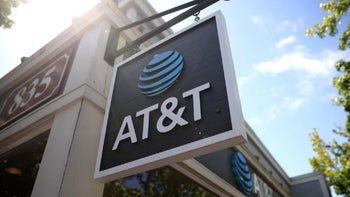
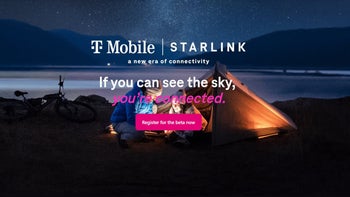
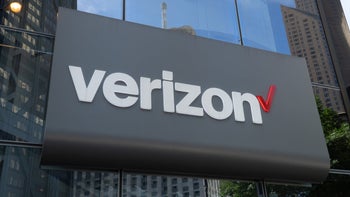
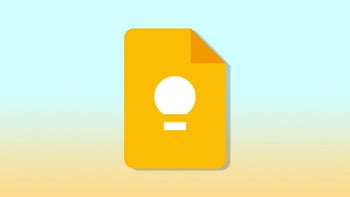
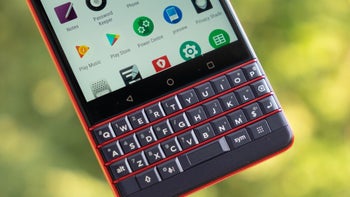
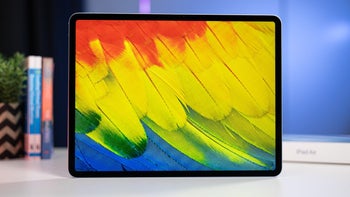
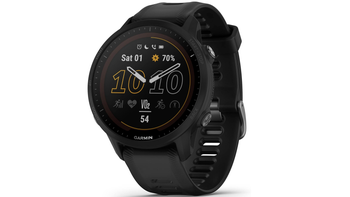
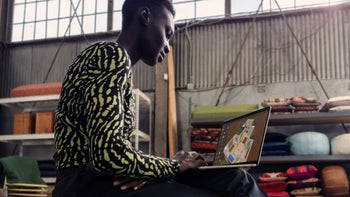
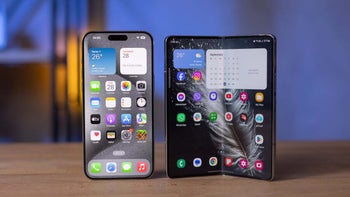
Things that are NOT allowed: